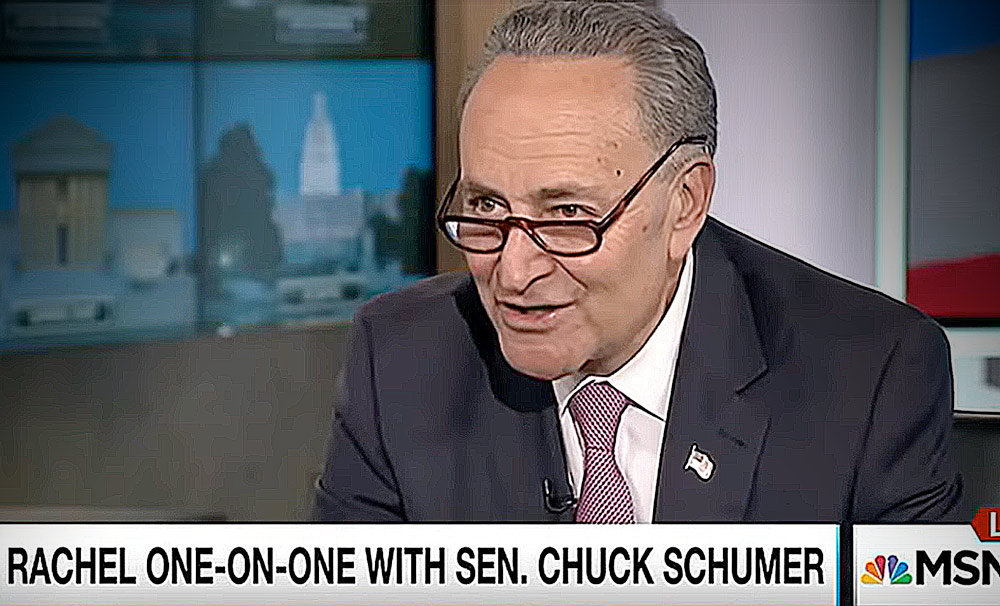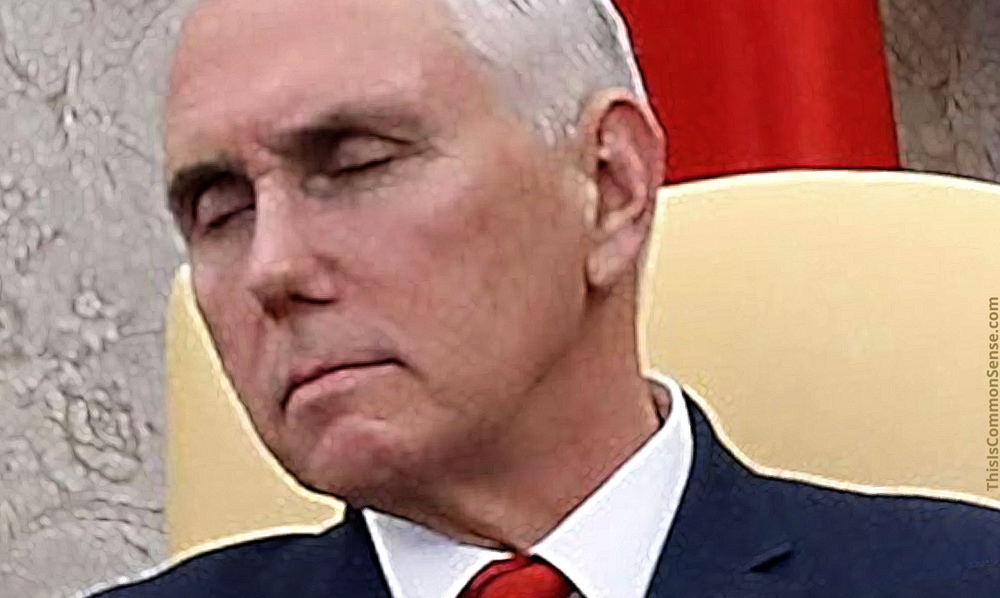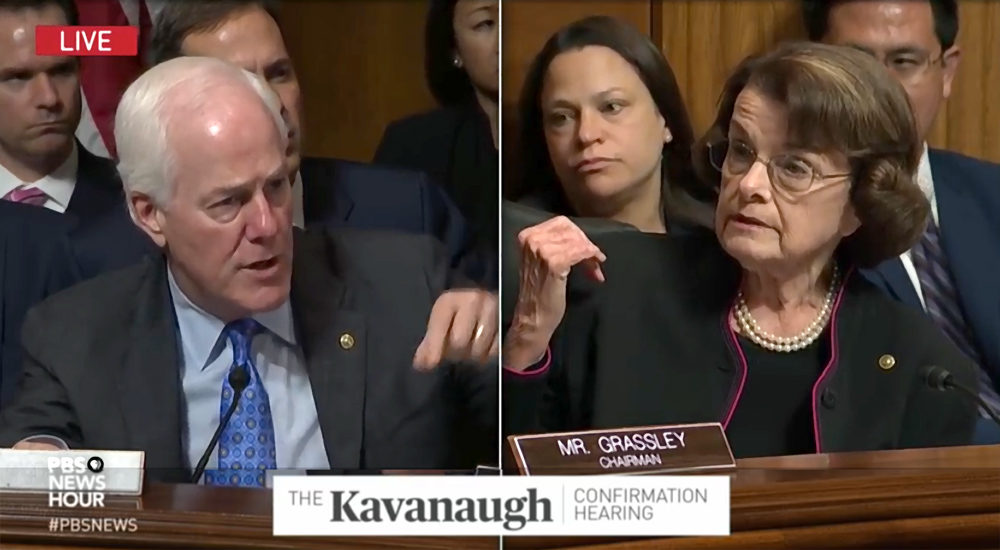Back in the 1990s, we used to talk about “rogue agencies” of the U.S. Government. And for good reason: the Branch Davidian massacre and the Ruby Ridge fiasco were hard to forget.
After 9/11/2001, however, we cut the agencies some slack. Why? Their incompetence and our hope.
But it became obvious from the NSA’s illegal metadata collection program, as revealed by Edward Snowden, the core agencies of the military-industrial complex do not like playing by rules that the American people have a say in.
How bad is it?
On New Year’s Day this year, Sen. Chuck Schumer was talking to MSNBC’s Rachel Maddow about their favorite conspiracy theory. Maddow, as we all know, had gone Full Nutter on this “collusion”/“corruption” story, and Democratic politicians (along with nearly the whole of the mainstream news media) ran with the story for two years. Then, the Mueller report is “no collusion.”
But on that first Tuesday of 2019, Ms. Maddow was talking about Trump’s tweets which she characterized as “taunting” the CIA and other agencies obsessed with the “Russian hacking” angle of the brouhaha. And Schumer’s response?
“Let me tell you: You take on the intelligence community — they have six ways from Sunday at getting back at you.”
We should take this as a signal. It is like making prison rape jokes. It says something about the situation: prison rape or Deep State machinations. And about the speaker: leveraging a rogue element as a threat.
No wonder many now think the Russiagate/Mueller investigation was a “Deep State Coup” attempt.
A republic with rogue agencies is hardly a republic at all.
This is Common Sense. I’m Paul Jacob.

—
See all recent commentary
(simplified and organized)










